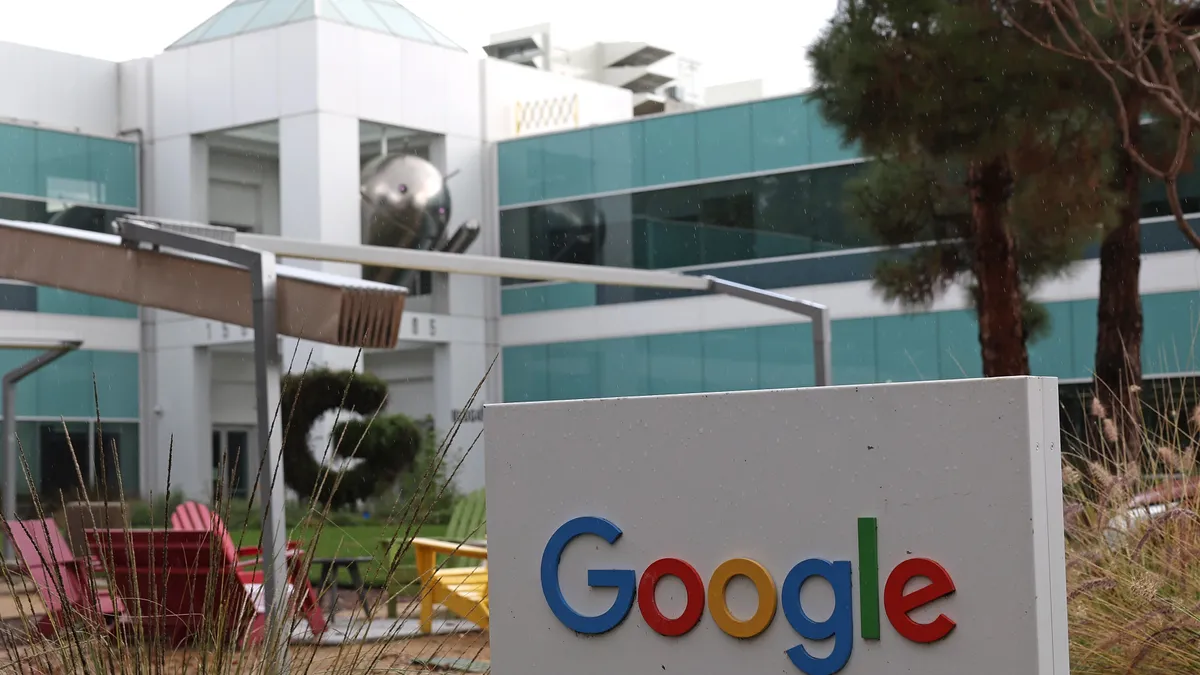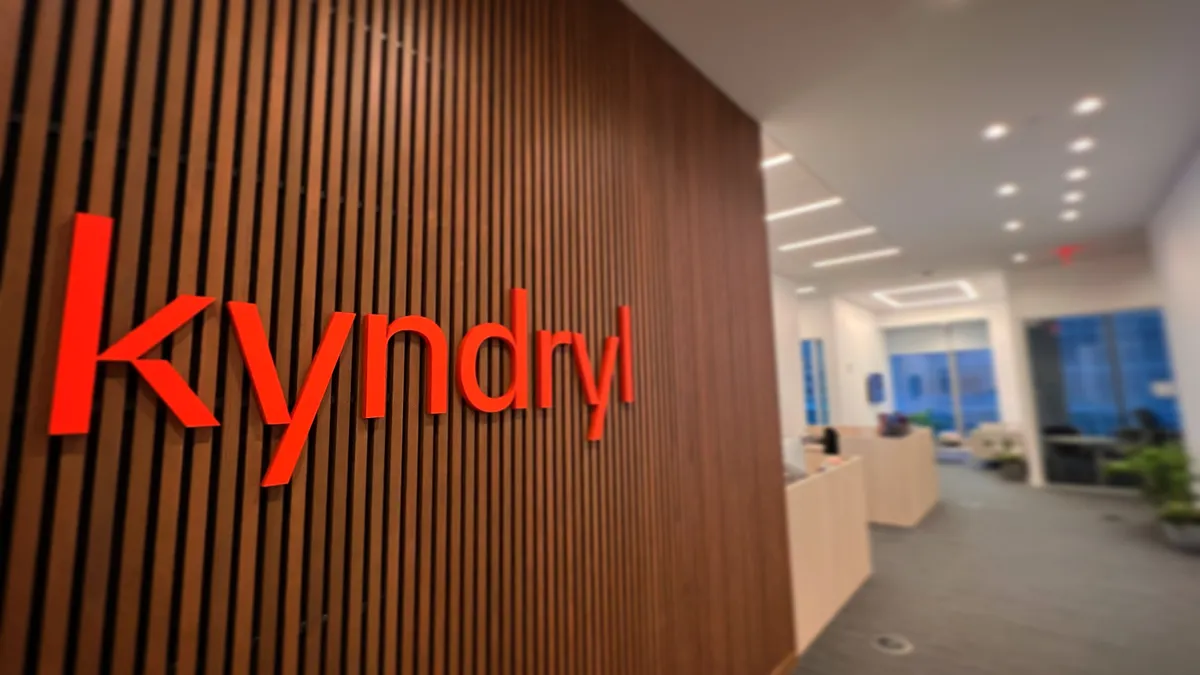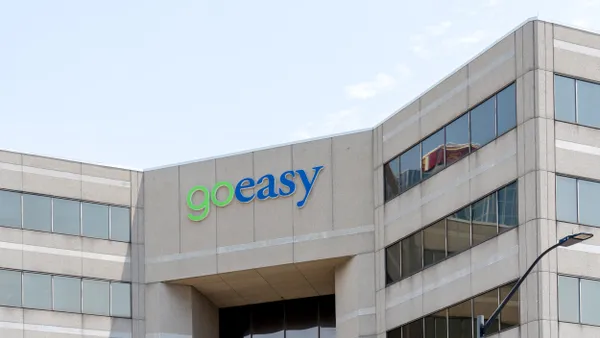Dive Brief:
- IBM on Thursday announced several U.S. and international universities are joining its IBM Q Network, which aims to advance training and research in quantum computing.
- Faculty members at Florida State University, the University of Notre Dame, Virginia Tech, Stony Brook University and the University of Tokyo will have access to the company's quantum computing systems for both research and student teaching, the company said.
- Several other institutions — including Harvard University, Duke University and the University of Illinois at Urbana-Champaign — will work with the Network to conduct research on improving quantum systems.
Dive Insight:
The expansion of the IBM Q Network adds to the steady stream of recent partnerships between tech corporations and colleges.
In particular, there has been "an explosion" of research deals involving corporations and colleges over the past decade, according to Kenneth Lutchen, dean of Boston University's College of Engineering.
That's because belt-tightening companies want to tap into higher education for early-stage research, and colleges — which often have tight budgets as well — desire to "contribute more to their local economies," Lutchen contends.
Such relationships can benefit both parties, according to Lutchen. For instance, the University of Rhode Island is creating three "innovation" campuses meant to help commercialize academic research and bolster the local economy. The effort is funded by $12 million from public support and an expected $122 in private investment.
Likewise, Taiwanese electronics-maker Foxconn gifted $100 million to the University of Wisconsin-Madison last year in part to establish an interdisciplinary research center near the company's planned $10 billion manufacturing plant in Racine, Wisconsin.
However, Lutchen warns such agreements can get snagged by obstacles such as non-disclosure agreements and intellectual property rights. To avoid such stumbling blocks, he recommends companies develop more long-term relationships with universities on a wider range of initiatives and to align the disparate missions of industry and academia.
Other partnerships have been forged to build a steady pipeline of workers into in-demand professions. For instance, tech companies and universities in the Washington, D.C., region have partnered to form the Capital Colab, which aims to develop "cutting-edge technology capabilities to position the region for global leadership."
Most recently, several member colleges — including American University, Virginia Tech and Virginia Commonwealth University — have or plan to offer a shared tech credential that students can complete in order to get priority interviews with Colab member companies.
Meanwhile, IBM has plans to open a tech-skills training program at the University of Louisville this fall that will offer faculty training as well as courses in areas such as artificial intelligence and cybersecurity. It is the first of four similar skills academies the company plans to open in the U.S.











